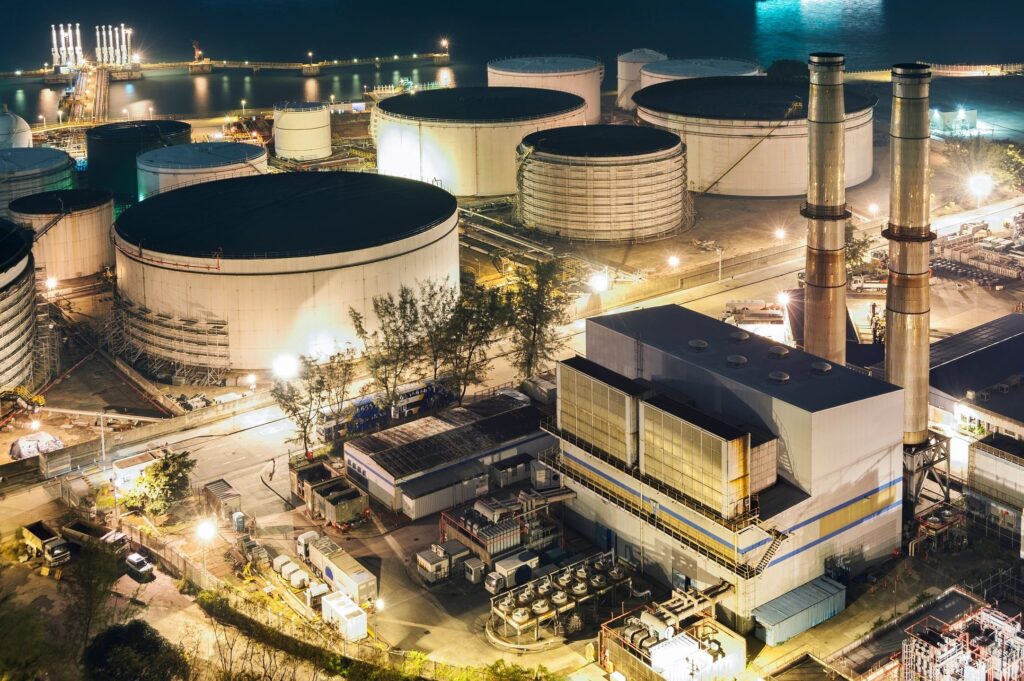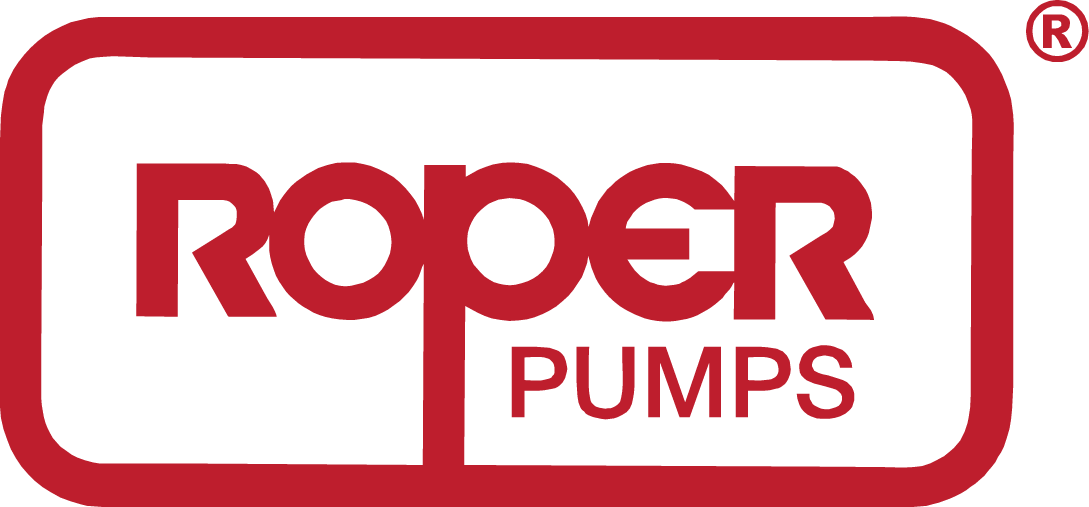
In heavy-duty industrial environments, equipment failures can cause more than just downtime—they can cost companies thousands in lost productivity, safety hazards, and maintenance. That’s why one of the most important decisions you can make in setting up or upgrading an industrial system is choosing a quality pump that can meet the rigorous demands of your operations. Whether it’s moving viscous materials, chemicals, or slurries, the right pump ensures efficiency, longevity, and peace of mind.
One type that has earned the trust of engineers and plant managers across various sectors is the progressive cavity pump, but it’s not the only solution. In this article, we’ll break down what makes a pump “quality,” how to evaluate your needs, and what to consider when selecting the best equipment for your industrial applications.
Why Pump Quality Matters in Industrial Applications
Industrial pumps often operate under extreme conditions—abrasive fluids, high pressures, temperature fluctuations, and 24/7 usage. Low-quality pumps simply don’t cut it. Poor material construction, weak seals, or subpar engineering can result in leaks, inefficient performance, and frequent breakdowns.
High quality pumps, on the other hand, are built with superior materials and precision engineering to withstand demanding tasks. They offer:
- Durability: Designed to handle corrosive, abrasive, or high-viscosity fluids.
- Efficiency: Maximize flow with minimal energy consumption.
- Reliability: Perform consistently under pressure without unexpected failures.
- Serviceability: Allow for easy maintenance and part replacement.
Understanding Progressive Cavity Pumps
Among the many types of pumps used in industrial settings, progressive cavity pumps stand out for their unique ability to handle challenging fluid conditions. These pumps operate using a single-helix rotor turning inside a double-helix stator, forming cavities that progressively move fluid from one end to the other.
Why Choose Progressive Cavity Pumps?
Here are some reasons progressive cavity pumps are often selected for industrial use:
- Handles high-viscosity fluids like sludge, pastes, or slurry.
- Maintains consistent flow, even with variable pressures or flow demands.
- Low pulsation and shear, making them ideal for sensitive or delicate materials.
- Longer service life with proper maintenance and wear-resistant materials.
Industries such as wastewater treatment, oil and gas, food processing, and chemical manufacturing rely on these pumps for their dependability and adaptability.
Factors to Consider When Choosing a Quality Industrial Pump
Choosing the right pump for your operation goes beyond the brand—it’s about matching the technology to your specific application. Consider the following:
1. Fluid Characteristics
Is the fluid viscous, corrosive, abrasive, or solid-laden? The more you know about what you’re pumping, the easier it is to find the right match.
- Abrasive slurries may require wear-resistant linings.
- Corrosive fluids demand stainless steel or specialized coatings.
- High-viscosity materials benefit from positive displacement pumps like progressive cavity models.
2. Flow Rate and Pressure Requirements
What is your desired output? You’ll need to know:
- Required gallons per minute (GPM)
- Suction and discharge pressure (PSI or bar)
- Continuous or variable duty cycles
A pump that’s too powerful can cause damage, while an underpowered one can underperform and wear out prematurely.
3. Temperature Range
High or fluctuating temperatures can degrade seals and bearings quickly. Make sure the pump materials and design are compatible with your operating temperature range.
4. Maintenance and Downtime
Look for pumps with:
- Easy access for servicing
- Replaceable parts without disassembly
- Clear documentation and part availability
Over time, ease of maintenance translates into lower ownership costs.
Matching Pump Type to Industry
Different sectors favor different pump designs based on their operational needs. Here’s a quick overview:
Industry | Common Fluids | Recommended Pump Types |
|---|---|---|
Wastewater | Sludge, slurry | Progressive cavity, peristaltic |
Oil & Gas | Heavy crude, drilling fluids | Progressive cavity, gear, diaphragm |
Chemical | Acids, solvents | Centrifugal, progressive cavity, diaphragm |
Food & Beverage | Purees, dough, and chocolate | Progressive cavity, lobe, piston |
Progressive Cavity Pumps vs Other Technologies
While progressive cavity pumps are excellent for many uses, they aren’t one-size-fits-all. Compare them to other common technologies:
Feature | Progressive Cavity | Centrifugal | Gear |
|---|---|---|---|
Viscous Fluids | Excellent | Poor | Fair |
Flow Consistency | High | Low | Medium |
Pressure Handling | High | Low-Medium | Medium |
Maintenance | Moderate | Low | Moderate |
Cost | Medium-High | Low | Medium |
For industries prioritizing the precise flow of thick or particulate-laden fluids, progressive cavity pumps remain the gold standard.
Quality Pumps: A Long-Term Investment
While upfront costs might tempt buyers toward cheaper models, investing in quality pumps ultimately saves time and money. Benefits include:
- Reduced energy consumption
- Longer operational life
- Less frequent repairs
- Lower replacement costs
Think of pumps not as expenses, but as assets—ones that can impact your bottom line, uptime, and even workplace safety.
Tips for Selecting a Reliable Supplier
Once you’ve decided on the type of pump you need, the next step is sourcing it. Look for suppliers that:
- Provide detailed performance specs
- Offer custom configuration options
- Have a proven track record in your industry
- Supply both quality pumps and support services
- Are knowledgeable about progressive cavity pumps and compatible system parts
If you’re operating in a specialized industry, choose suppliers who understand the unique challenges you face and can tailor solutions accordingly.
In high-stakes industrial environments, the right pump does more than move fluid—it keeps your operations flowing smoothly, safely, and efficiently. Whether you’re handling sludge, oil, chemicals, or food-grade materials, choosing a quality pump can be the key to achieving long-term success.
Progressive cavity pumps continue to gain ground for their precision, versatility, and rugged performance, making them a smart choice for many heavy-duty applications. But regardless of the type, always prioritize performance, durability, and application-specific compatibility when making your decision.
With the right strategy and the right pump, your operation can stay on course, day after demanding day.


